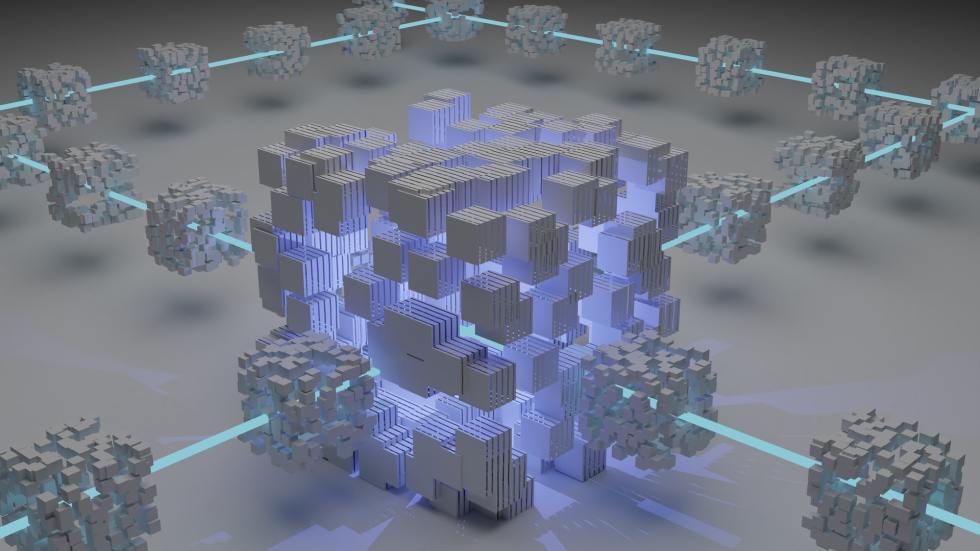Decentralized finance (DeFi) came into existence a few years ago but only recently rose to fame. Like cryptocurrencies, this emerging financial technology runs on distributed ledgers and replaces intermediaries with smart contracts, making the entire asset management process automatic. With a $127.06B total market cap and $78.92B worth of crypto assets locked in P2P protocols, DeFi rightly holds the trophy of the fastest growing sector in the crypto space.
However, decentralized finance is not immune to common problems. The sector suffers from the same old disease that has been plaguing the crypto industry for a decade – scams.
The amount of money lost in DeFi is overwhelming. According to London-based firm Elliptic, users suffered losses totalling $12B, out of which scams were responsible for $10.5B. The figures are horrifying yet don’t condemn the sector. DeFi has a lot of potential – projects like Aave do give hope for the future. To avoid scams and find truly robust DeFi solutions, it’s vital to do your own research.
Product Reviews
Reviews help us learn about any underwater stones that the service or product have from former or current users. The feedback has a great value – it saves time and energy and, in some cases, money.
However, things don’t look simple when it comes to the crypto industry. After all, countries don’t have proper regulation mechanisms, and information can’t be easily verified. Yet, emerging review sources like TrustPilot started to pop up recently, e.g. RugDoc. The site has a big community and encompasses reviews on 2,600 crypto projects – yield farms, exchanges, OHM forks, play-to-earn games, and NFTs – spanning across 24 networks, including Solana, Binance, Polygon, Avalanche, and Cardano. RugDoc also monitors new projects with Launch Calendar.
At the moment, the crypto review niche is in its early development, but a few more projects are expected to emerge soon.
“Rugs” Under Rugs
Most scams are plain simple rug pulls. In the first phase, fraudsters add liquidity (usually in the chain native currency) to their tokens and attract investors. Then, they remove liquidity and run off with funds, pushing the token’s value to near zero and leaving holders with nothing.
There are other ways to fool the crowd, and Squid Game Token attributed to the show of the same name is a good example. Fraudsters simply disabled the ability to withdraw tokens for investors, leaving them with an unsellable asset. Thus, it’s vital to assess the projects from a technical standpoint.
Some companies have already implemented a strict audit and a special rating system. For example, RugDoc ranks projects from least risk to highest risk through a technical review of the project’s smart contracts- a controlling program deployed to the blockchain. The company also has a KYC Program that uses the process known as “doxxing” to verify the team members’ identities to hold them accountable in case of malicious events.
DeFi Monitor Tools
There are many DeFi tools that monitor crypto projects. Their sole purpose is to identify blind spots not visible to the general public and allow users to invest safely and efficiently in decentralized protocols. Some offer customized audits (e.g., DeFi Audits). In contrast, others have open-source tools (e.g., RugDoc), such as honeypot checker to verify if smart contract vetoes token sales, emergency withdrawal to let users remove funds from the project, and LP Breaker to separate LP tokens.
DeFi Knowledge
DeFi is a rapidly evolving industry with new projects popping up every single day. However, it’s essential to dive deep into details. That way, users can avoid scams and invest with certainty. That’s why many crypto projects have launched their own wiki hubs. In these hubs, users can find all the necessary info about decentralized finance and learn more about the product functionality. Projects like PolkaDot or Ethereum all have wiki hubs.
Furthermore, it gives users confidence that the project is up and running. However, not all have a portal of that kind, which is a reason to become suspicious. Wiki hub, just like White Paper, is essential for community development and trust.
In some cases, the project simply doesn’t have enough resources to create an entire separate wiki hub. In this case, users can turn to publicly available wiki libraries, like RugDoc Wiki, which covers tutorials and information on all Ethereum virtual machine compatible chains. Public knowledge sources are created for the community by the community. These places unite both crypto pros and investors where they share up-to-date information.
Wrapping Up
DeFi is one of the fastest-growing sectors in the finance industry. It offers great potential in transforming the financial industry and equally as many threats due to its decentralized nature. Thus, it’s vital investors adopt a security routine to analyze risk and access sources with additional information on the product or educational articles. That way, any user will be empowered to stay safe in the era of decentralized finance.
